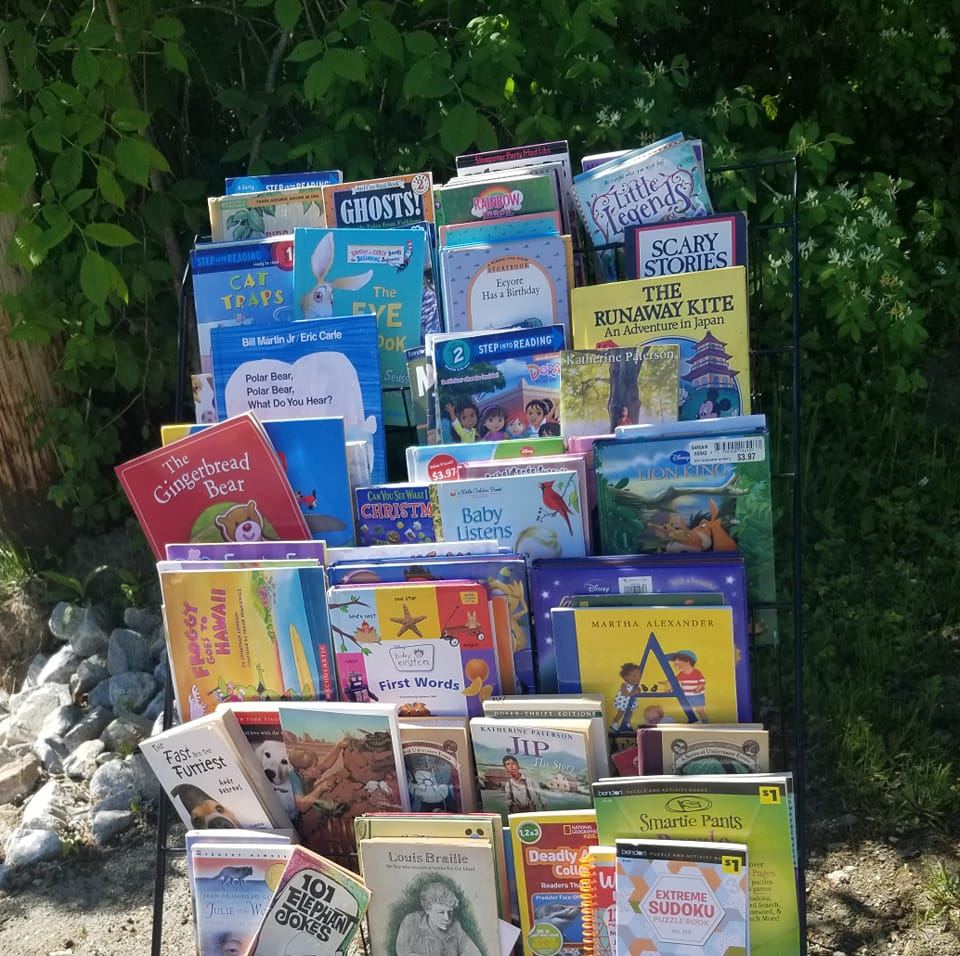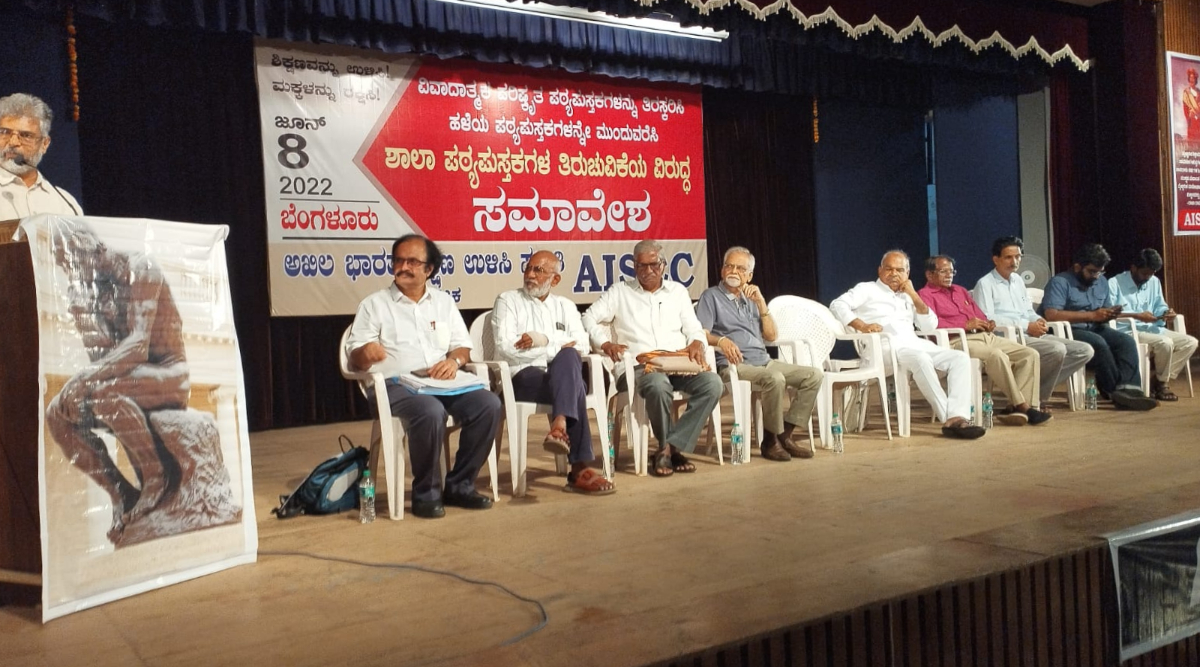Raised by her grandparents, Noelie Ronczka has always kind of romanticized old TV shows and photographs.
She remembers precisely a time when, opening her grandmother’s large dresser in the attic, a drawer came loose and old photos spilled on the floor. These were photographs of a great-great-uncle’s farm in the Driftless Area of ​​Wisconsin. Ronczka was immediately drawn to the uneven and worn work clothes worn by the farmers.
“My mother always said to me: ‘Noelie, you can express yourself as you want'”, says Ronczka. “I was very fond of men’s clothing and always preferred the tomboy look.”
What she noticed about old photographs like the ones she fell in love with in her grandparents’ attic was that none of the women wore overalls. Instead, they wore dresses, and work clothes seemed to be reserved only for men.
So when Ronczka’s interest in vintage clothing deepened and she began to seriously collect vintage clothing in high school, she found herself preferring menswear. Today, years later, she operates her own business specializing in the sale of pre-1950s work clothes.
The business, called The Brass Lady, operates by appointment out of Meltwater Studios LLC, located at 1911 S. Allis St. in Bay View. It started out simply as a necessity to reduce the clothing collection she amassed, by selling items on eBay and Depop.
“You kind of become a vintage dealer or seller,†says Ronczka. “At one point, I had a hundred pairs of jeans.”
Since then, Ronczka has racked up over 11,000 followers on Instagram, where she teases clothes that will eventually be sold in her boutique. And that number is likely to grow, given that vintage is all the rage right now, and Gen Z consumers have created a demand for more inclusive and gender-neutral fashion offerings. There is also a push to ditch fast fashion and take a more sustainable approach to clothing – and what could be more sustainable in the fashion world than restoring and preserving old clothes?
Ronczka and her partner Chris quickly discovered that they shared a mutual love for driving across the country and for every real estate sale, antique store, and farm along the way. There have been times the couple walk past an old farmhouse, find the owner on their tractor, and ask if the family has old jeans or work clothes. The cold calling process for door-to-door salespeople is a gamble – they are often kicked out.
“But sometimes you’ll come across an estate and they’ll literally have boxes in their attic full of their grandfather’s clothes, and we’ll pay for them,†says Ronczka.

For Ronczka, sifting through those old boxes of clothes is like flipping through someone’s autobiography – every box of clothes she finds this way has a story to tell, and it’s a major driving force. behind The Brass Lady.
“The reason I started collecting and selling vintage clothes is to make these connections,†says Ronczka. “I like to know the story of something that I am holding or wearing.”
Today, Ronczka is preparing to share his fascination with the early 1900s in another way. She is currently preparing a book that compiles old photographs of women in work clothes titled Doers of good. If all goes according to plan, she will publish the book herself by the end of the year or early 2022.
“I thought it would be cool as a merchant in men’s clothing to put together a collection of forgotten workers and workers in America, who were women,†Ronczka said. “When you think of the person who works, you think of a white man in overalls and a railroad cap. These photographs of women are hard to find.
But Ronczka, who has become quite good at retrieving the forgotten, keeps adding new photos to the collection – so much so that she has forced herself to limit the length of the book to 200 pages.
The title of the book is based on an earlier time in Ronczka’s life. She remembers walking around Milwaukee and noticing an old factory building with a ghost sign that said “Makers of Good Millwork”.
“It really resonated with me and I’ve always been so curious about it,†says Ronczka. “It reminds me of the people who worked there and how proud they were of what they made. It is deeply connected with my love and appreciation for the person who works and the era of the clothes I sell.
She hopes that those interested in vintage will find the book a practical reference, as well as a glimpse into life in the early 1900s. But for Ronczka, it’s not just a glimpse into the distant past, but also a look in a mirror.
“I see it as a reflection of myself – I’m a young businesswoman, I work hard and take pride in what I create,†says Ronczka. “I would like to think that I am also a ‘doer of good’.
 Zoo Book Sales
Zoo Book Sales



